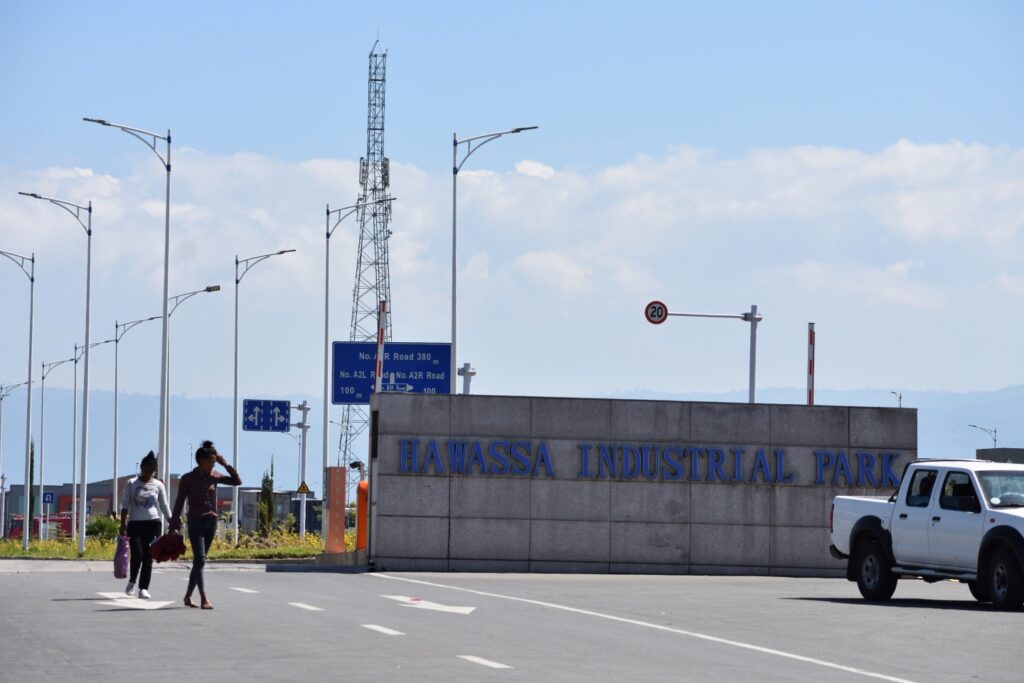21 July, 2022After a long and difficult campaign to gain access to organize and recruit members in Ethiopia’s biggest industrial park, Hawassa, the Industrial Federation of Textile, Leather, and Garment Workers Trade Union (IFTLGWTU) says its efforts are unravelling from the huge job losses caused by factory closures.
The closures began after the announcement by the United States government that Ethiopia would no longer benefit from the African Growth and Opportunity Act (AGOA)’s duty-free access to US markets from 1 January this year. The reasons given for the termination of the preferential trade benefits are “gross violations of internationally recognized human rights by the government of Ethiopia and other parties” in the war in the northern part of the country.
Most of the factories in Hawassa that were exporting to the US had their orders cancelled leaving them stranded. However, with the on-going peace talks in the country, the union hopes for a peaceful breakthrough that will bring back trade and a new lease of life to the Hawassa Industrial Park which at its peak employed over 35,000 workers.
The IFTLGWTU says Best International Garments, an Indian owned company, with a factory in the park, has retrenched over 3000 workers. Further, the closure of one of the largest factories in the park by Phillip Van Heusen (PVH) in November 2021, is having a ripple effect as over 15 companies in the park received orders from PVH under third party manufacturing contracts.
The union says currently, there are plans to scale down production by other garment factories that include Sumbiri Hela Intimates which has put 260 workers on a month paid leave after which there is uncertainty. The factory is jointly owned by Sri Lanka based Hela Indochine Apparel and Sumbiri Intimate Apparel. Quadrant Apparel Group has also put 300 on paid leave while Epic Apparel Plc, a Hong Kong-based Epic Group subsidiary, has retrenched workers after paying six months’ wages. In June, Chargeurs Fashion Technologies, a French company, also retrenched 22 workers.
“In this job losses crisis, workers are anxious because job security is no longer guaranteed in the factories that are still operational. We are trying our best to ensure that workers are paid their terminal benefits according to the labour laws and hope that the end of the conflict will bring back AGOA benefits to ease the plight of the suffering workers,”
says Angesome Gebre Yohannes, the president of the (IFTLGWTU) which is affiliated to IndustriALL Global Union.
Paule France Ndessomin, IndustriALL regional secretary for Sub Saharan Africa says:
“The Ethiopian industrial parks industrialization strategy remains one of the most effective models in creating jobs in the garment and textile sector in Africa. We were hoping for more jobs and not the retrenchments that we are witnessing. However, IndustriALL continues to support the IFTLGWTU in ensuring that employers respect workers’ rights and international labour standards during the retrenchments.”
